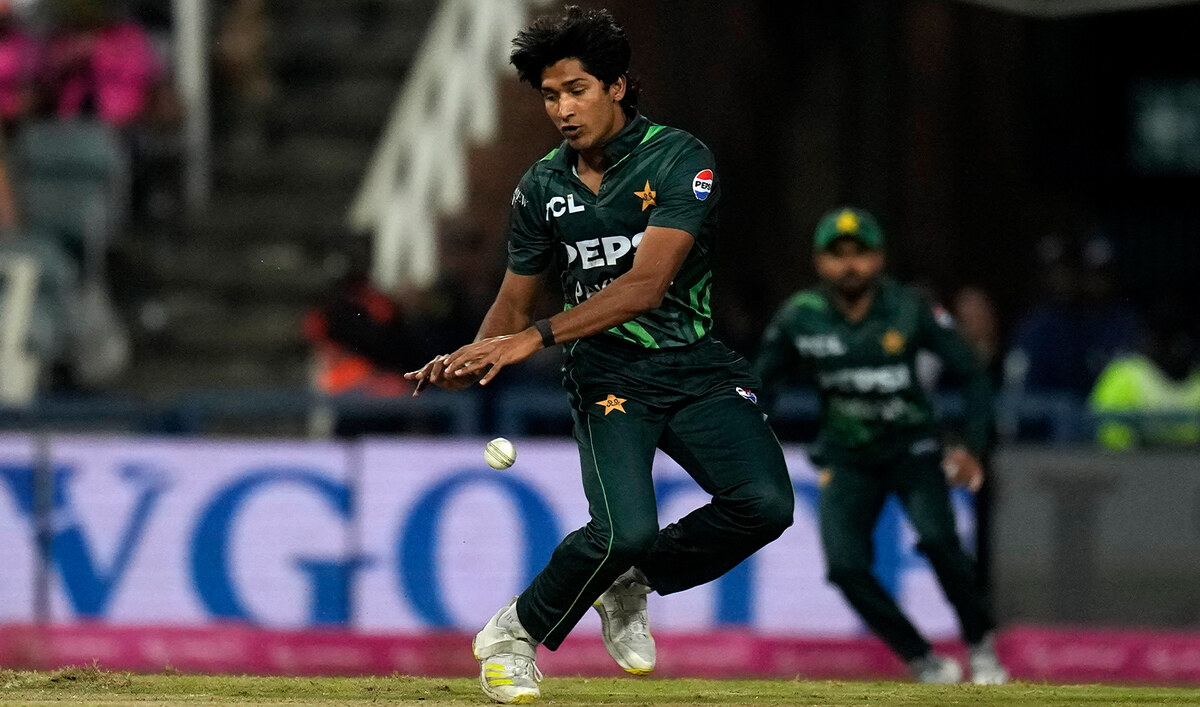ISLAMABAD: Afghanistan’s chief peace envoy Abdullah Abdullah has said Pakistani leaders had ‘promised’ during his three-day visit to Islamabad this week to help convince the Afghan Taliban to agree to a ceasefire, a major sticking point in ongoing negotiations between the insurgent group and the Kabul government aimed at ending decades of war.
Taliban offensives in the war-torn country have continued even as Afghan and Taliban negotiators began meeting in Doha on September 12, hoping to agree on a ceasefire and a power-sharing deal.
Pakistan has been considered key in pushing the Taliban to the table for talks, and both Kabul and Washington are now urging the South Asian nation to use its decades-long influence over the insurgent group to make them agree to more concessions.
Relations between neighbors Pakistan and Afghanistan have long been marred by hostility, with both sides trading accusations that the other was a safe haven for cross-border militant activities.
In an interview with Arab News before leaving Islamabad on Wednesday evening, Abdullah, the chief of Afghanistan’s High Council for National Reconciliation, said civil and military leaders he met in Pakistan had agreed that the key to peace in Afghanistan was the Taliban agreeing to a “reduction in violence, leading to a ceasefire.”
“In our own discussions with all authorities, I found nobody having any doubt on that need,” he said, referring to meetings with the Pakistani prime minister, army chief, foreign minister and other leaders. “They [Pakistan] promised that they will also try their own way ... use their positive influence in that regard.”
“If they [Taliban] are too sensitive to the idea of ceasefire, there are lots of ways to reduce violence … Humanitarian cease-fire, significant reduction in violence leading to a cease-fire, is something that we need to start with,” Abdullah added.
At the talks in Doha, both sides have largely agreed to about 20 items on how the dialogue should be conducted, including committing to continue negotiations even when things get complicated on the battlefield.
But the sides remain deadlocked over setting a process for negotiations, in part due to the Taliban insistence that the basis of the dialogue be the Doha Agreement, signed in February between the Taliban and the United States after talks that the insurgents refused to allow the Kabul government to be a part of.
The deal promises a phased withdrawal of American troops in exchange for guarantees that the Taliban would reduce their attacks and no longer permit Afghanistan to serve as a haven for militant groups.
“Why make this [Doha Agreement] such an issue that we have remained stuck in it?” Abdullah asked. “Our team has been advised and instructed to be flexible.”
“If Taliban do not get more serious and do not show flexibility, that will affect the attitude of our team as well automatically, and then we might get to another impasse,” Abdullah warned, saying it was a “big concern” that the international community would lose interest in the peace process if the stalemate with the Taliban over the talks’ agenda was not resolved quickly.
The two teams are also stuck on which school of Islamic thought to use for resolving conflicts in post-war Afghanistan. While both sides mostly agree to adhering to the Hanafi school, one of the four major Sunni schools of jurisprudence that is the foundation of the current Afghan constitution, they have been unable to agree on a formula that does not alienate minority sects, especially Shias.
“Today’s Afghanistan needs to look back: do we use this diverse nature of our nation, different ethnicities, different languages, regions, socio-economic circumstances as a tool to fight forever over ruling,” Abdullah said, “or a means to find a way to add to the beauty of the country and to make it an energy for the country flourishing, in looking toward the future rather than getting stuck in the past?”
He said the government team was open to the idea of engaging a mediator or a facilitator to break the current impasse, if the Taliban agreed to it.
“If it is needed that facilitators can help at one stage, we should quickly move without wasting time,” he said, adding that both sides could decide together who the “right facilitator” would be.
Earlier this year, the peace process with the Taliban was threatened by another impasse, between Abdullah and President Ashraf Ghani. Abdullah had disputed the results of an election last September and announced the formation of a parallel government, undermining Ghani’s administration at a time when the United States was trying to advance the peace process with the Taliban.
In May, the two leaders finally signed a power-sharing deal to end the months-long political stalemate.
When asked if him and Ghani were on the “same page” on the ongoing negotiations with insurgents, Abdullah said: “Find me two sisters or two brothers which are one hundred percent on the same page on all issues. But when it comes to peace, yes.”
He added: “The goal is peace, dignified durable peace, acceptable for the people of Afghanistan, without losing the gains of the past, which is the rights of the people, the values that we believe, the liberties, freedom of speech, women’s right, the right to vote and all of that. On those principles we [Ghani and Abdullah] think the same way.”
When asked if he wished to be president in a future post-war government in Afghanistan, Abdullah said:
“My focus is not on my own role, to be honest … The ultimate goal for me will be achieving peace in a country and for a nation which deserves it, which has suffered more than its share for the past 42 years. That’s my ultimate goal.”




















